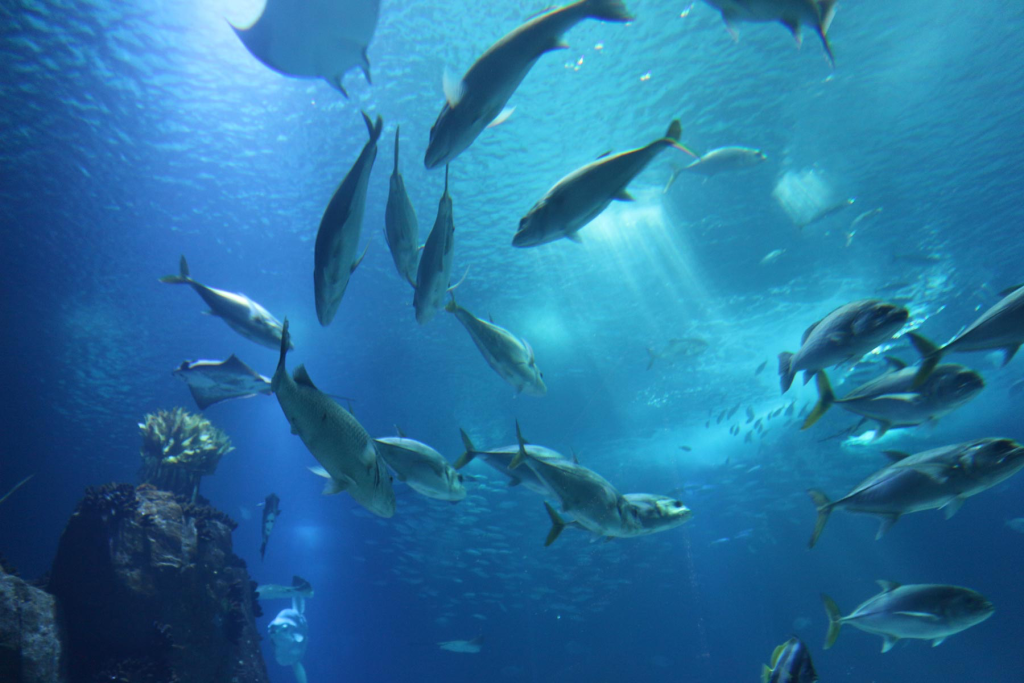
The world’s oceans, home to a vast array of marine life, are facing unprecedented threats from human activities. Overfishing, pollution, and climate change are among the most significant factors contributing to the decline of marine ecosystems. As of 2024, an estimated 90% of large fish populations have been depleted, and coral reefs, which support a quarter of all marine species, are rapidly disappearing.
The health of marine ecosystems is crucial not only for the species that inhabit them but also for human livelihoods. Over three billion people depend on the ocean for their primary source of protein, and millions rely on coastal economies. The loss of biodiversity in the oceans could have far-reaching consequences, including the collapse of fisheries, which would devastate food supplies and economies globally.
Efforts to protect marine life are gaining momentum. Marine protected areas (MPAs) have been established to safeguard critical habitats, allowing ecosystems to recover and species to thrive. However, only about 7% of the world’s oceans are currently protected, far below the target of 30% by 2030 set by international conservation goals.
Public awareness and global cooperation are essential for effective ocean conservation. Reducing plastic waste, supporting sustainable seafood choices, and advocating for stronger environmental policies are actions individuals can take to contribute to the protection of marine life.
As the ocean faces increasing pressures, the urgent need for comprehensive conservation efforts cannot be overstated. The future of marine life, and indeed the planet, depends on our collective actions today.